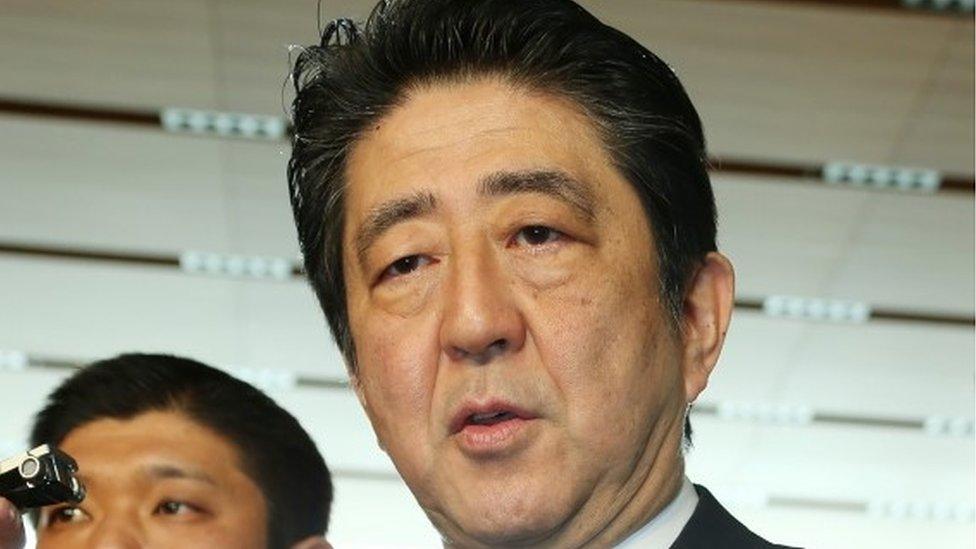Brexit: What does it mean for Asia?
- Published

In the immediate term - it's the impact on markets and currencies. We've seen the pound fall by more than 10% in Asian trade, the Japanese yen has soared against the hopes of Japan's policy makers, and emerging market currencies have fallen sharply as investors pull out of risky assets.
Longer term though - what does this mean for us in Asia?
Already, policy makers in Japan, Korea and India are saying not much impact in terms of their respective countries' real economies. They're trying to reassure investors and to keep markets calm.
It's true - a direct impact on Asian economies from Brexit is unlikely in the longer term.
As OCBC Bank's Wellian Wiranto said in a note to investors today: "As a percentage of GDP, exports to the UK range from 2-3% for economies such as Hong Kong and Vietnam, to even lower (0.2-1%) for most of the rest - including Indonesia and Malaysia."
Japan, India concerns
But businesses in some major Asian economies - and we're looking particularly at India and Japan here - will be hit.
Japan Inc. employs around 140,000 people in the UK and has about $59bn (£40bn) invested there. Big Japanese car manufacturers like Toyota have already said a Leave vote may lead to 10% duties on UK-made cars being sold in the EU.
Currently, Toyota exports almost 90% of the cars it manufactures in the UK - and three quarters of those go to the EU.

Asian companies which have set up operations in the UK to gain access to EU markets will also have to reassess.
Japanese electronics firm Hitachi, for one, has said it will rethink its UK operations in the event of a Brexit.
Over in India, the focus is on technology firms. Together, the UK and Europe account for over-a-quarter of the country's IT exports, worth around $30bn.
We've also heard from one of India's most prominent business houses - the Tata Group - which has been operating in the UK since 1907.
In a statement to the media, it said there are currently 19 independent Tata companies in the UK, with diverse businesses. It also said that "access to markets, and to a skilled workforce will remain important considerations".
Perhaps, that's a not so subtle reference to the EU's diverse workforce?
Certainly Asian business leaders are watching the process of how the UK transitions out of the EU very closely. If there is a material impact on EU economies, Asia won't escape unscathed.
- Published24 June 2016
- Published30 December 2020

- Published22 June 2016
